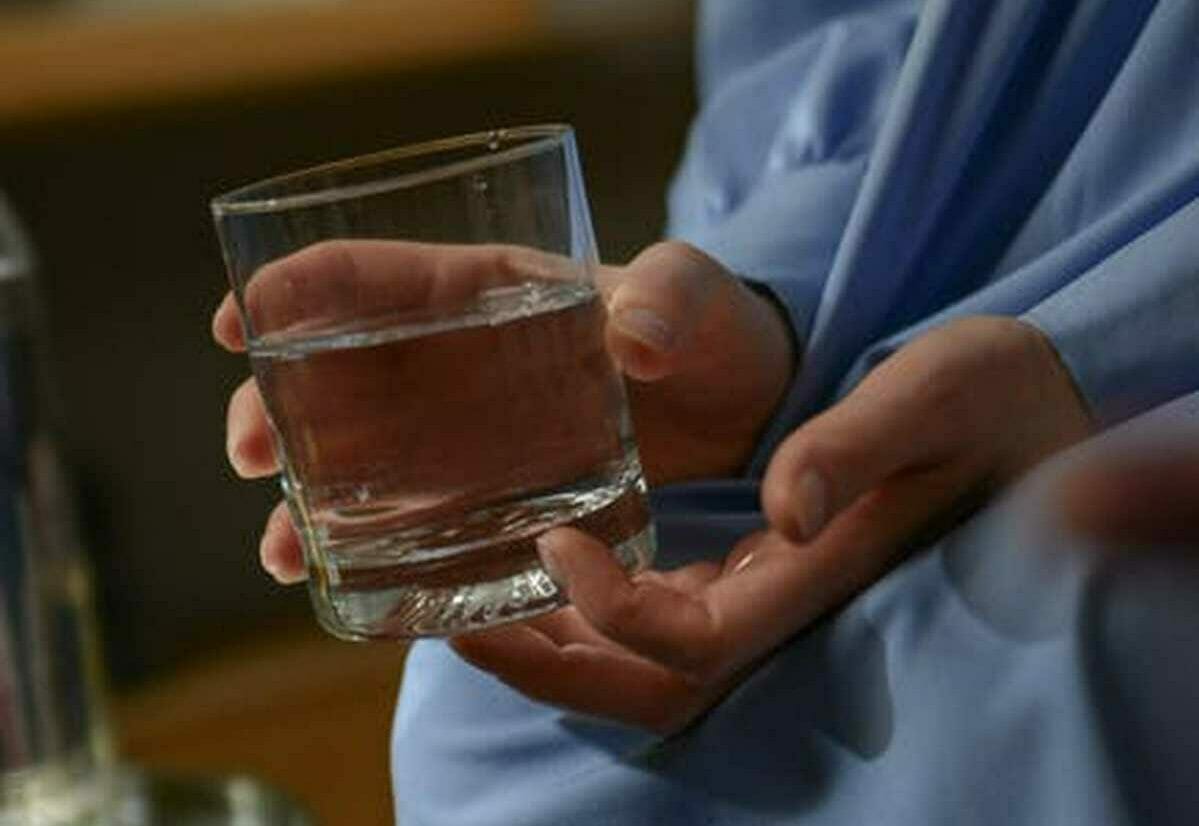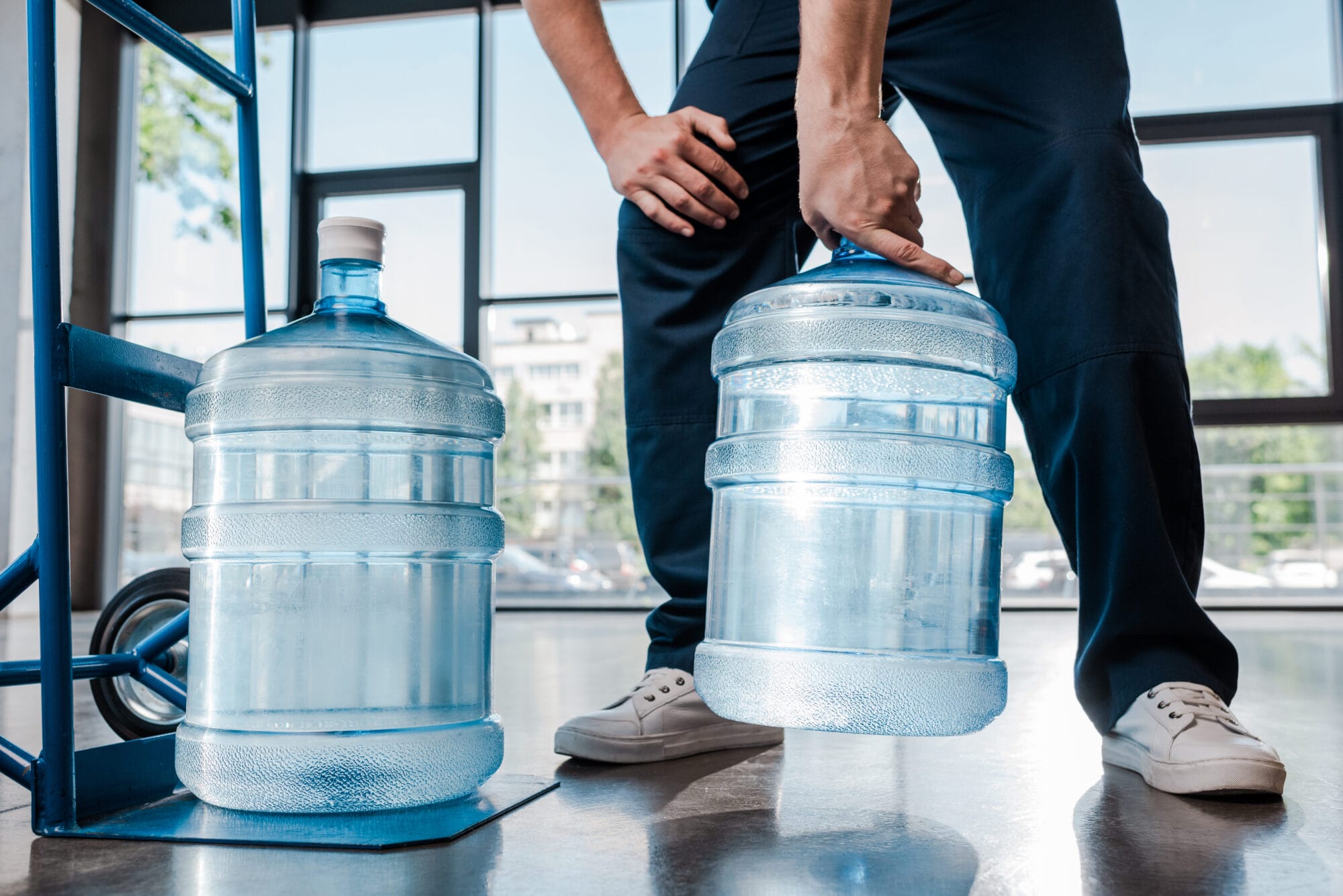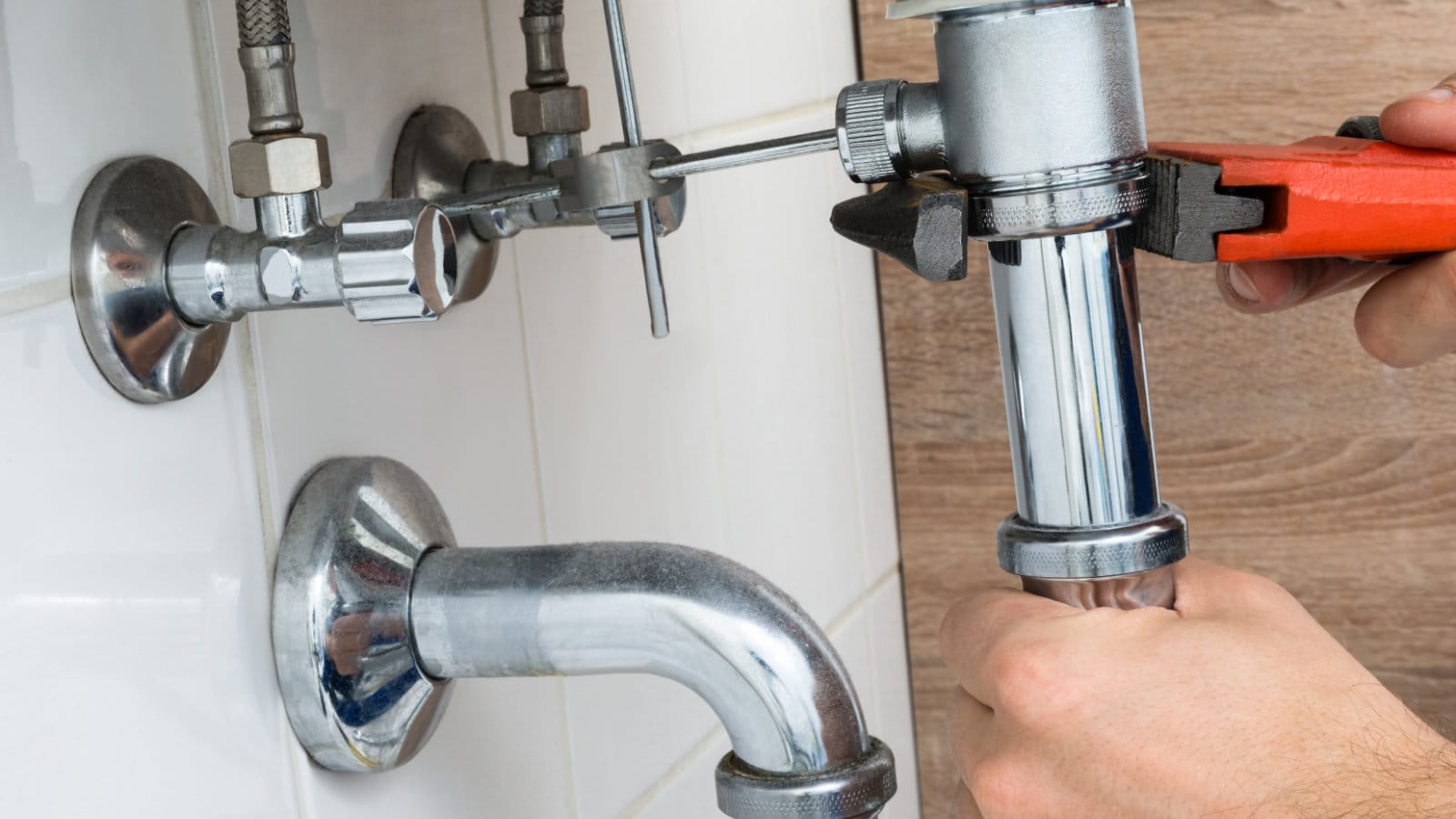It’s true that 85% of US homes have hard water. If you live in the USA the possibility of you having hard water is very high. Do you even know what hard water is?
A lot of people have no idea what it is, and even fewer know how to treat it. In this feature, we’ll answer the question of what is hard water and discuss the issues you’ll face if you have it. We’ll also give you tips on how to treat it and prevent it from affecting your life.
Read on for all the details.
What Is Hard Water?
Hard water has high magnesium and calcium levels. This is because the water has come into contact with limestone or chalk. As the water seeps through these rocks, it picks up the minerals and carries them with it.
There are two types of hard water: temporary and permanent.
Temporary hard water only contains high levels of minerals for a short period of time. This is because the water hasn’t had time to fully dissolve the minerals.
Permanent hard water, on the other hand, contains high levels of minerals all the time. This is because the water has been in contact with the rocks for a long time and has had time to fully dissolve the minerals.
The level of hardness in water is measured in grains per gallon (GPG). The higher the number, the harder the water.
Water is categorized as follows:
- 0 to 3.5 GPG = soft water
- 3.5 to 7.0 GPG = moderate hard water
- 7.0 to 10.5 GPG = hard water
- over 10.5 GPG = very hard water
How To Tell If You Have Hard Water
There are a few ways to tell if you have hard water. One way is to look for mineral deposits on your faucets or in your plumbing fixtures. Another way is to test your water with a water hardness test kit, which can be purchased at most hardware stores. If your water tests positive for high levels of minerals, then you likely have hard water.
Another way to tell if you have hard water is how your soap lathers. If you find that it is difficult to get a good lather with your soap, then chances are you have hard water. This is because the minerals in hard water bind to soap and prevent it from lathering properly.
Hard water causes stains on fixtures, clothing, and dishes. These stains are difficult to remove and can be permanent if not treated properly. If you notice any staining in your home, it is likely due to hard water.
Finally, hard water can cause plumbing problems. Over time, the minerals in hard water will build up in pipes and fixtures, causing them to become clogged. This can lead to reduced water pressure and a decrease in the overall efficiency of your plumbing system.
How To Fix Hard Water Issues
If you are experiencing plumbing problems as a result of hard water, it is best to hire a plumber. They will be able to assess the situation and recommend the best course of action. Often, this will involve installing a water softener to remove the minerals from the water.
A water softener system uses salt to remove minerals from water. The salt is added to the water, which causes the minerals to bind to it. The salt-water mixture is then flushed out of the system, leaving behind only soft water.
We’ll discuss a few other ways of fixing hard water below.
Water Conditioners
Water conditioners are a salt-free option for dealing with hard water. They work by changing the structure of the minerals in hard water so that they cannot bind to soap or form deposits. Water conditioners do not remove the minerals from water, but they do keep them from causing problems.
Water Filters
Water filters are another option for dealing with hard water. They work by removing the minerals from water, making it soft. Water filters need to be replaced every few years.
Installing a water filter is a relatively simple process. The first step is to find the right size filter for your home. The second step is to install the filter in your water line.
The third step is to connect the filter to your water heater. Finally, turn on the water and let the filter do its job.
How To Remove Hard Water Stains
For a natural way to get rid of hard water stains, mix vinegar and water. Vinegar is acidic and will break down the minerals in hard water. To use this method, mix the same amount of water and vinegar in a spray bottle.
Spray the solution on the stain and let it sit for 10-15 minutes. Then, wipe the stain away with a damp cloth.
Another DIY solution is vinegar and baking soda. Mix equal amounts of vinegar and baking soda. Put this on the stain and leave it there for 10-15 minutes. Then, wipe it all away with a damp cloth.
You can also use a commercial hard water stain remover. There are many different products that are designed to remove hard water stains. Read and follow the instructions on the label carefully.
Is Hard Water Bad For You?
No, hard water is not bad for you. However, it can cause problems with your plumbing and can make it difficult to clean clothing and dishes.
Hard water can also lead to dry skin and hair and can shorten the lifespan of your appliances.
Fix Your Hard Water Issues
Now that you have the answer to what is hard water it’s time to decide what to do about it. If you’re not sure whether you have hard water, the best thing to do is to have your water tested. If you’re still wondering how to get rid of hard water, don’t worry! Intown Plumbing is here to help. We can solve your hard water problems and get your plumbing back in working order. Contact us now to book a professional online.





